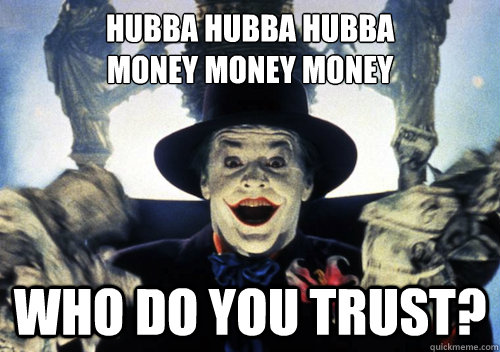Google has come a long way since the beginning:

And the general approach is the same - you want to be at the top, but how you get there is quite different these days than it use to be. The Google Menagerie has trampled the search results multiple times, each time beating spam and less relevant results into the deeper recesses of the SERPs (Search Engine Results Page), or even completely out of the results as particularly spammy websites and pages got deindexed entirely.
(The Google Menagerie: Penguins and Pandas and Hummingbirds, Oh My!)
Today, if you want to be found on the first page of Google, you must be QRST
Quality - Spun content, duplicate content, content that doesn't pass a basic grammar check (I use Grammarly, personally) simply will no longer pass muster. The higher the quality, the more likely the content is to engage and captivate your potential customer/clients/web page visitors - you're making a great first impression, and that's always a good thing!
Relevant - This one is obvious, but if people are looking for advice on dating, or how to repair their 89 Dodge, they last thing they want to be looking at is pictures of your cat, Mr. Snugglemuffin, wearing cute hats. Relevancy is determined by a host of factors, including but not limited to the words you use on the page, description and alt tags on images, videos (especially YouTube videos) linked to on the page, and more. The more relevant, the better.
If you ever want to know just how relevant Google thinks your page is, here's a quick hack: get an Adwords account, and set up an add for your particular page, targeting the keywords you think you're relevant for. Feel free to bid low so that you don't receive any clicks, and within a few days your page will receive a quality score. More here.
Shareable - Certain niches just aren't shareable, and if you're trying to stake your claim in the...uh..."male enhancement" niche, let's say, then chances are people visiting your site aren't going to be actively sharing your information on social media - but in general, your content should be shareable. To be shareable, your content must be Relevant and Quality, and also helpful in some way. It must give them something that the reader or viewer didn't have before, and which they'll want to show other people that they just got. A trick, a hack, something helpful often times does the trick - you know, like how to determine your quality score... 😉
Trustworthy - Trust is crucially important, and it is also the hardest metric to gauge in many ways. Trust involves QR&S - If you have a Quality site with Quality content that's Relevant and Sharable, that's a good start. But Trust goes beyond that.

Anyone can spend money to make a fancy site, and you can technically buy social signals. Trust comes from the number and quality of other websites that vouch for your authenticity. Yes, that means "backlinks." But not the way you think.
5 years ago and beyond, the only metric that mattered was backlinks, and people would "spam the heck out of them." Gone are those days.
No, today your linking profile will look very different. It may involve a couple of "anchor" backlinks, the way malls used to have (and still do, where they still exist) "anchor" stores (think Sears, J. C. Penny, Dillards, etc). Anchor stores brought in a lot of shoppers, and then the smaller stores fed off of the overflow (like pilot fish around a few sharks). Without the anchor stores, the rest falls apart (and just imagine a shopping mall where the Anchor stores go out of business and you'll see how quickly such a balance falls apart.) Anchor backlinks, then, are powerful backlinks from trustworthy sources, known for having a series of checks and balances to prevent people from "spamming" or hijacking their general domain authority to promote their own agenda. Think news sites, ranging from your local news to sites like HuffingtonPost.com, CNN.com, and FoxNews.com. Also governmental sites (.gov) and educational sites (.edu) are generally regarded as trustworthy, since they are restricted TLD (top level domains, or the extension after the "dot", like .com which stands for "commercial site").
SEO Software companies like Moz and Majestic are seeking to incorporate their best guess at trust, with MozTrust and Trust Flow, respectively. Curious about your Trust levels, you can take a look at their rankings by inputting your own website or page into their program and seeing what they say - but remember that either one is only a best guess.
Get a few anchor backlinks to establish your trust, and share your content as broadly as you can, and you'll begin to affect your search engine positioning SEO-style. It can honestly take a lot fewer backlinks than you might think to achieve measurable SERP-movement if they're from credible enough sources.
If you found this helpful, don't forget to share 😉
